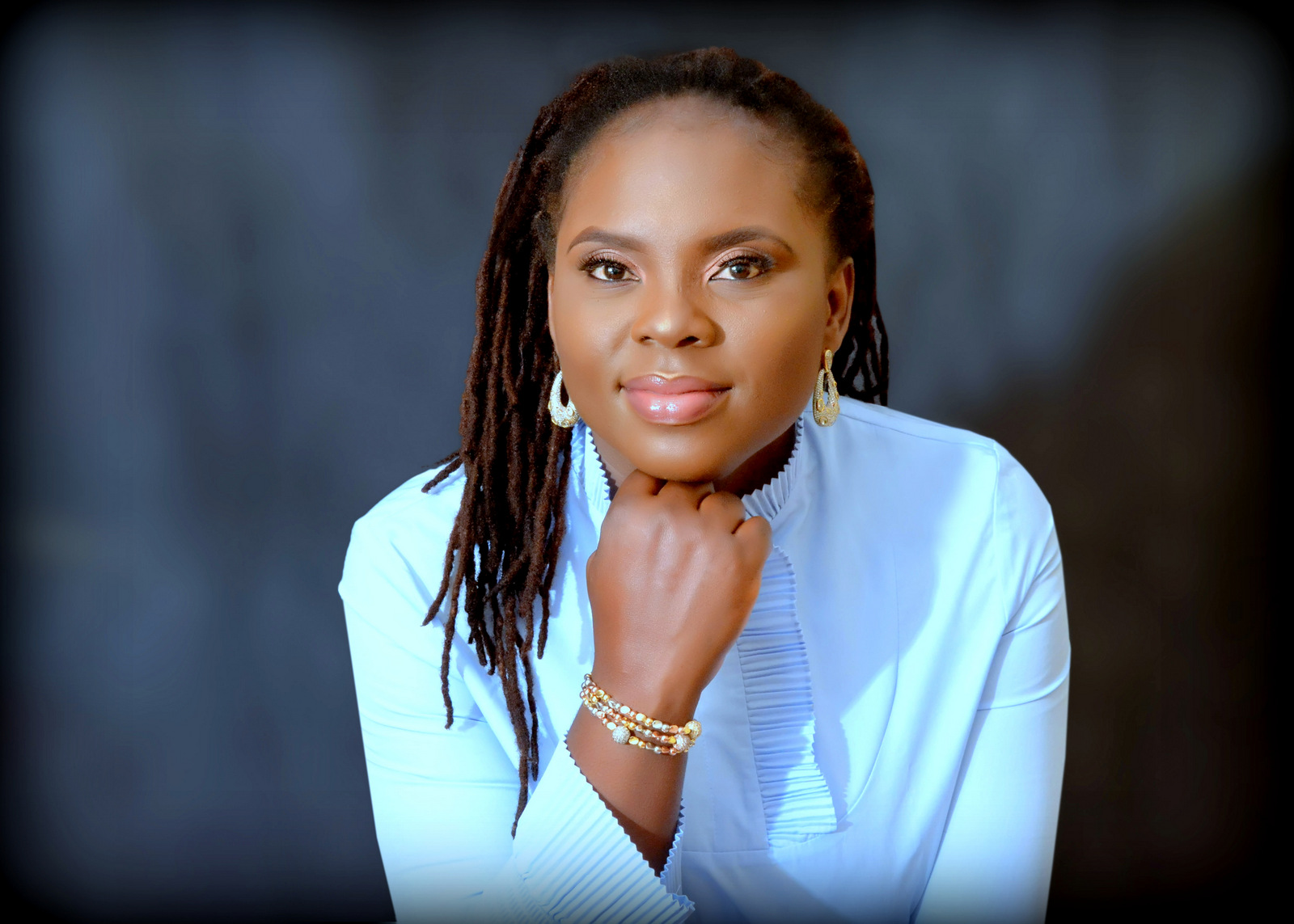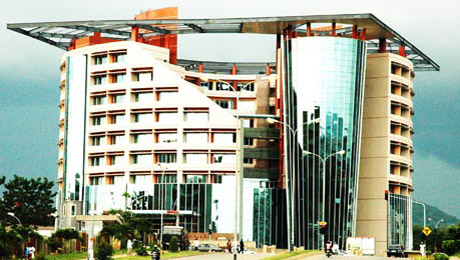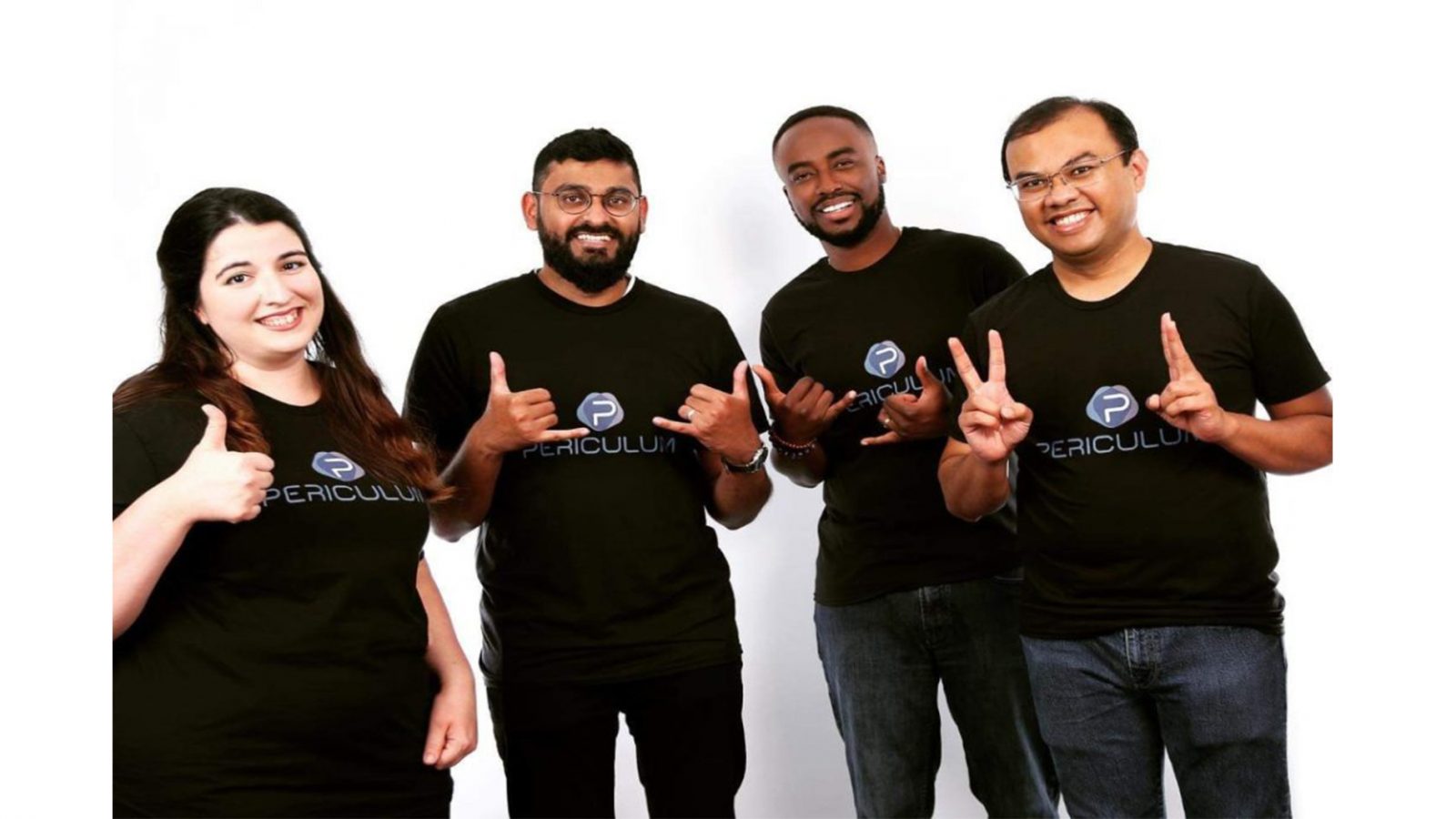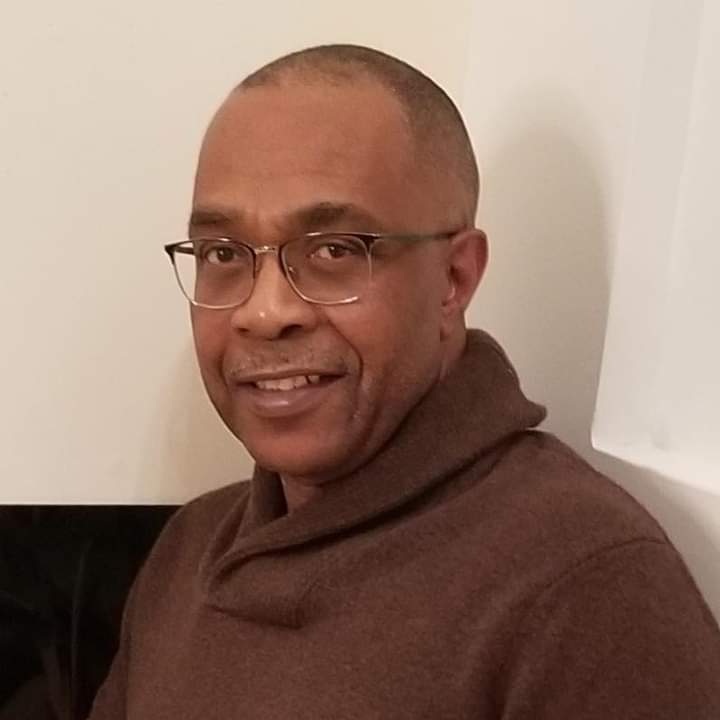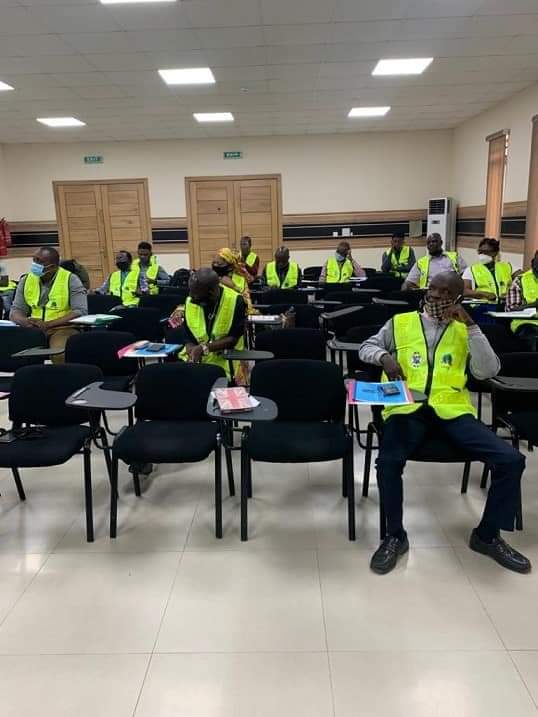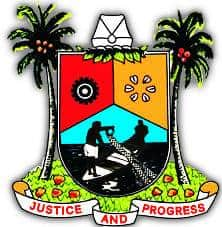In this interview with the top executive of NowNowDigital Systems Limited, Oyenike Owomoyela who is the Head of Growth at NowNow, a financial technology (FinTech) firm based in Lagos. She talks about their strides in the fintech ecosystem such as the launch of their debit cards and virtual cards for their customers. She spoke of the impact the apex bank; the Central Bank of Nigeria (CBN) has made in the sector and how thy have made their API available for fintechs to use. Anthony Nwosu captured this in this exclusive interview. Oyenike is an expert in Financial Inclusion, Mass Retail & Youth Banking, digital sales products and loans, SME, process improvement and innovations to increase digital adoption by customers for seamless customer onboarding and retention via USSD, APS and Web.
Tell us the mission behind NowNow as a fintech firm?
Our mission as a leading African B2B and B2C FinTech company is to deliver best in class financial services to SMEs, Agents and Consumers alike. We have a passion to deepen financial inclusion and provide job opportunities to the unemployed youths in Nigeria. We are a mobile bank that gives you control over how you spend your money. Be the Boss when you send money, receive money and pay bills for everyday essentials such as recharge card and data, insurance, electricity, shop online and instore-all in one place!
What informed the name NowNow?
We wanted to resonate first with one of the country’s local languages; Nigerian Pidgin English, what NowNow means in pidgin is to make haste or get something done instantly. The name also connotes that we are a fast-paced technology company that offers efficient services with speed! Our mission is to be a leading African B2B and B2C FinTech company whose mission is to deliver best in class financial services to SMEs, Agents and Consumers alike. We are building the world’s best technology that digitizes cash payments and provides financial empowerment for a better life for everyone.
Your slogan is “The New Way to Bank”, how has the journey been over these years?
We wanted to play on the double words ‘NowNow’ hence the slogan. Also, we realized there were a lot of negative sentiments with brick-and-mortar banks which included crowded banking halls, non-presence of bank branches at remote locations, slow response to customer complaints and resolution of issues. We wanted consumers to believe there is a new digital bank that will ensure they have control over their finances 24/7. Our customers resonate with the New way to bank and we have seen a steady increase in the adoption of our products and services.
Nigerian Fintech ecosystem can be said to be pretty busy, maybe one of the busiest in the continent, what are the unique things that set you apart from other players?
One thing we have done right in NowNow is to gather experienced professionals from across the world in the FinTech and Financial Services space hence we have a global view of what we need to do to achieve our goals as an organization. We are also focused on agile and adaptive technology and have a presence not only in the urban centers but rural communities also. We offer financial literacy tools as well as business solutions to all our consumers and merchants as a whole and have empowered a lot of youths and the unemployed through our agency banking model.
Opening an account in minutes is one of your selling points, how and what are you doing to ensure compliance with CBN regulation in the area of KYC?
Absolutely, this has been one of our major achievements; fast and seamless onboarding. What we have also done is to leverage API integrations with NIBSS and other 3rd party providers to ensure that we are opening quality wallets and profiling customers in line with the CBN 3-tiered KYC policy. Our Compliance team is also doing a lot at the backend to ensure transaction monitoring takes effect and processes related to KYC upgrades are done as at when due digitally. We also carry our EDD on transactions when the need arises.
How many downloads are we, looking at present from Nigerians?
We are aspirational when it comes to our consumer app, hence, we are on track to hit more than 1 million downloads by the end of the year. Yes, we know our competitors have well over that amount but what is paramount to us is not just the downloads but retaining those users to be loyal consumers for the long haul. Here we strongly believe in offering world calls financial services to people. We might not have millions of downloads yet but we are looking at offering seamless services to many people and these people will be with us on a long haul.
 What is your market share in Nigeria, and do you have footprints in other African countries?
What is your market share in Nigeria, and do you have footprints in other African countries?
We think of ourselves as an embedded finance business, no longer a start-up. With that being said, it is part of our mission statement to have digital footprints all over Africa and really make a difference wherever we go. However, more information will be unveiled as we commence operations in more countries in the near future. We are looking seriously at the sub-Saharan fintech market. We have the expertise and the traction.
Some of the online banks do give debit cards, have you ever thought of that?
We recently had a soft launch phase of our Naira debit Mastercard in early August 2022 and we already have over 2000 active cards. We also have a virtual card which most of our consumers currently use for online transactions. So, we can say that we are abreast with the technology trends in the country. We do give out cards for those that love using cards but our strength also is in cardless transactions.
Do you think that the CBN is creating the enabling environments for fintech like yours to thrive?
In affirmative, the Apex bank created licenses that FinTechs can explore for financial services businesses all through. CBN believes that FinTechs are key actors in achieving National Financial Inclusion goals with Technology, Innovation, Speed and Scale. They also created a sandbox environment for product testing and innovation.
What are the challenges that you face in this business?
There are various challenges but I will mention the items that have the most impact: The rapid changes in macroeconomic landscape and terrain, upsurge and threats of competitors in various shapes and forms, shortages of skilled human capital, infrastructure not supporting scale i.e. internet penetration and switching infrastructure, insecurity and lastly, lower margins and ROE inhibiting access to capital (equity or debt).
What do we expect from NowNow this latter part of the year?
A few things! Firstly, our card campaign, which is aimed at our B2C customer segment – a project that we have been working on extensively for quite some time. We also have a new product launch to tackle the SME segment in Nigeria, which has one of the largest footprints of SMEs in Africa. We want to empower this segment by creating a digital platform that moves them from offline to online, provides access to market channels as well as financial capabilities, and ERP solutions. All these and many more are in the pipeline to really propell business owners to the next level of exposure and success. We will begin to roll out these products as we progress.
“One thing we have done right in NowNow is to gather experienced professionals from across the world in the FinTech and Financial Services space hence we have a global view of what we need to do to achieve our goals as an organization. We are also focused on agile and adaptive technology and have a presence not only in the urban centers but rural communities also.”

